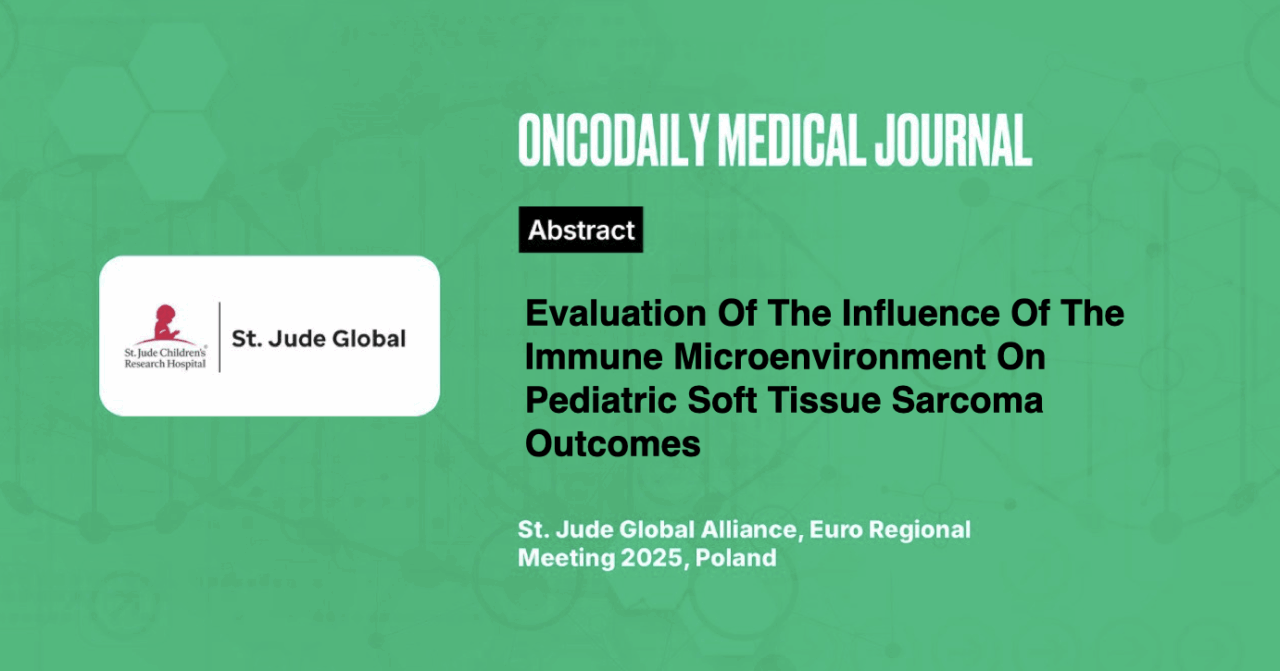Evaluation Of The Influence Of The Immune Microenvironment On Pediatric Soft Tissue Sarcoma Outcomes
Abstract
Introduction: The biological behavior of sarcomas in children is increasingly understood through the lens of the immune tumor microenvironment (TME), suggesting that tumor progression may be significantly affected by immune cell interactions and environmental factors. This study aims to explore how varying characteristics of the immune microenvironment correlate with clinical progression and treatment outcomes in children diagnosed with soft tissue sarcomas.
Methodology: We performed a retrospective evaluation of 98 pediatric patients treated for soft tissue sarcomas at the Pediatric Oncology, Hematology, and Immunology Scientific-Practical Medical Center. The analysis of the immune microenvironment was facilitated through detailed histopathological examination, focusing on the quantification of immune cell populations found in biopsy specimens processed with immunohistochemical techniques.
Results: The analysis indicated a significant association between high levels of immune cell infiltration and increased survival rates (p=0.018). Specifically, a robust lymphocytic presence correlated with improved treatment outcomes (Rk= -0.345, p<0.01). Conversely, elevated fibroblast density and vascularization were linked to an increased risk of tumor recurrence (p=0.030), suggesting a complex interplay between different cellular components of the TME.
Conclusion: The findings underscore the critical role of the immune microenvironment in soft tissue sarcomas among children, with high lymphocyte infiltration indicating favorable prognostic outcomes. This research highlights the necessity for further investigation into immune-based therapeutic strategies to enhance treatment effectiveness in pediatric oncology.





